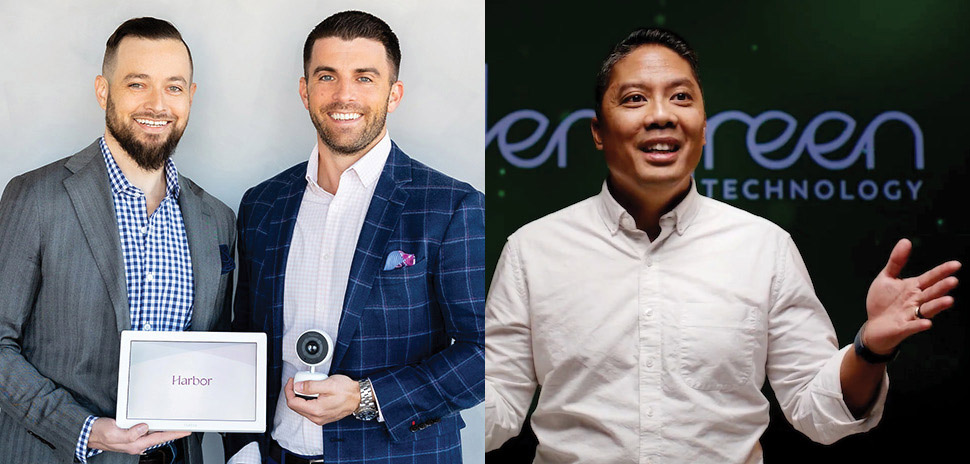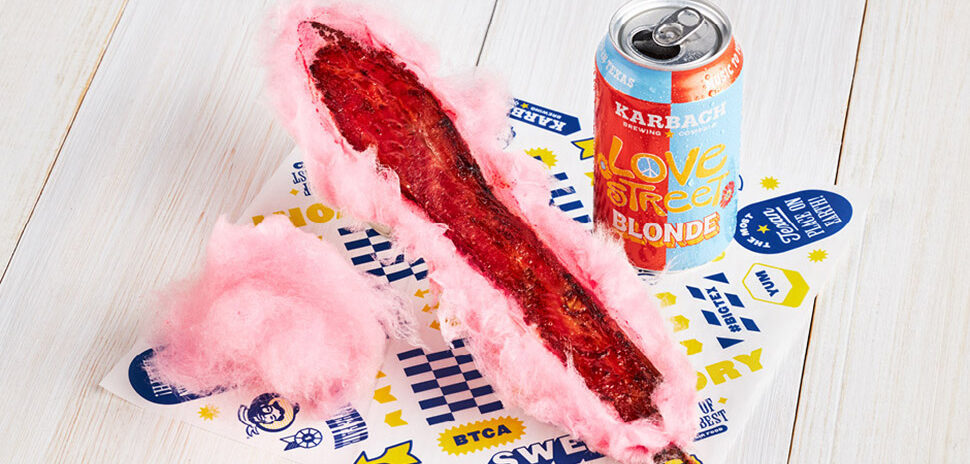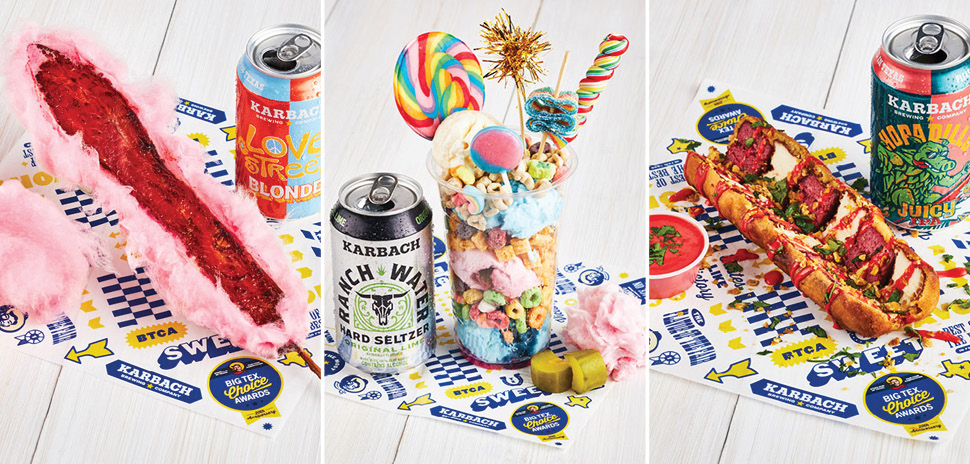One aims to change the way babies are monitored and cared for. The other aims to change how we get greens in a fresh, environmentally friendly way.
Dallas-based infant care tech startup Harbor and Cleburne-based vertical farming company Eden Green Technology have very different missions. But they share one thing in common: They’ve both made the list of TIME Magazine’s Best Inventions of 2024.
For the past two decades, TIME has highlighted the most impactful new products and ideas in its annual Best Inventions issue. To compile this year’s list, TIME said it solicited nominations from its editors and correspondents worldwide as well as through an online application process. It focused special attention on growing fields including health care, AI, and green energy. The magazine then evaluated each contender on a number of key factors, including originality, efficacy, ambition, and impact.
The result placed Harbor and Eden Green among 200 groundbreaking inventions, “including the world’s largest computer chip, a humanoid robot joining the workforce, and a bioluminescent houseplant—that are changing how we live, work, play, and think about what’s possible,” TIME said.
With $7M seed funding, Harbor began shipping its ‘smarter’ baby monitors in September
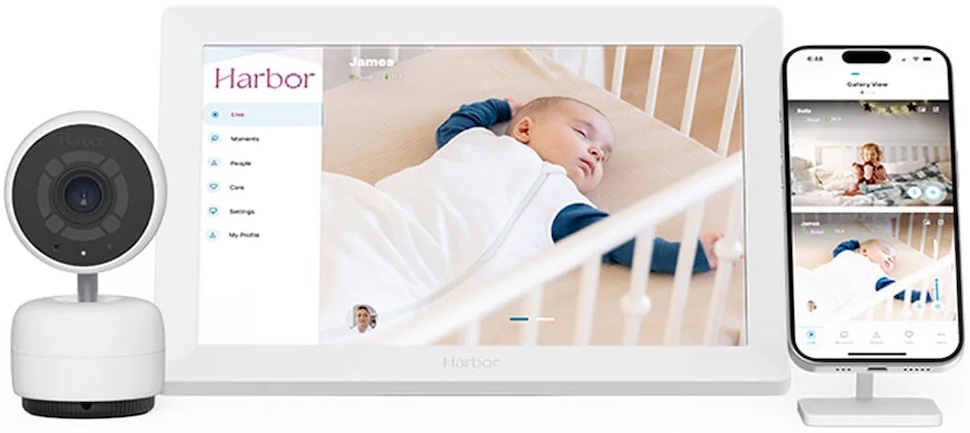
Harbor’s “smart” baby monitor [Photo: Harbor]
In September, Harbor announced the nationwide shipping of its advanced baby monitoring system, which offers parents “greater control, privacy, and security” without relying on the internet.
At the same time, Harbor announced an elevated $7 million seed funding round led by Trust Ventures, with participation from Tim Ferriss, Morrison Seger Venture Capital Partners, retired U.S. professional tennis player John Isner and Madison McKinley, NFL punter Thomas Morstead and Lauren Morstead, founder of The Hustle Sam Parr and Sara Sodine Parr, and other family offices.
The startup, co-founded by Mizzen+Main Co-Founder and CEO Kevin Lavelle and Harbor Chief Product Officer Charlie Hill, birthed its beginnings one night when Lavelle woke up with his baby in a nearby nursery room—and a lost signal from a baby monitor that made him worriedly hop out of bed.
That frustrating experience with a lost connection to “the leading baby camera on the market” led Lavelle to research the issue. Deciding that app-based systems can’t be relied upon to be “a true baby monitor,” he eventually co-founded Harbor, a Dallas-based infant care tech company with a “smarter” baby monitor solution, backed by a Remote Night Nanny service for extra parent reassurance.
As we wrote last February, the Remote Night Nanny service—currently being piloted—delivers “all-night, eyes-on expertise and coaching” from professionally trained infant experts. The service will be available to families “for a fraction of the cost of traditional night nannies and infant care programs,” the startup says.
“We’re democratizing access to sleep expertise and improving family wellness,” Lavelle said in a statement last February. “Technology should make our lives better. Today’s solutions increase anxiety in an already overwhelming and difficult time where we should be able to focus on our little ones. Parents and kids deserve a secure, reliable, quality baby monitor, and since none exist, Harbor has built just that.”
Eden Green’s flagship herb program leverages flexible microclimate tech
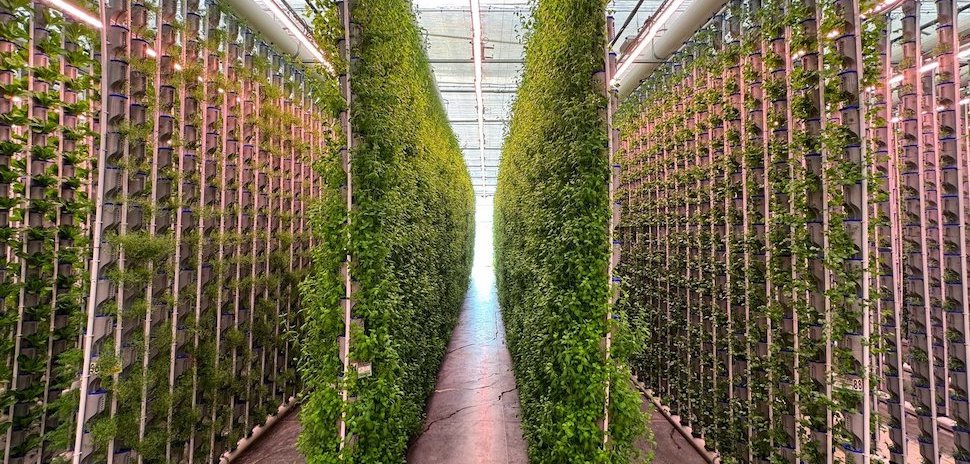
Eden Green launched its flagship herb program in March 2024. [Photo: Eden Green]
Last March, next-generation indoor vertical farming company Eden Green Technology launched its flagship herb program—making it the first company to grow, package, and ship a full herb suite out of a single facility, the company said.
Founded in 2017, in October 2023 broke ground on its $40 million Phase 2 expansion of its Cleburne vertical farming campus.
“Cramming 40 acres of farmland into one acre in its Texas greenhouses, indoor vertical farmer Eden Green this year grew and shipped a full suite of ten herbs out of a single facility, where each herb has its own micro-climate,” TIME said of the company in its new Best Inventions issue.
TIME noted that herbs typically found in a supermarket—including basil, parsley, rosemary, chives, or mint—are often sourced from many different distributors and nations, “raising transportation costs and environmental impact.” That can lead to unpredictable availability, as well.
“You’re bound to get waste, or not be able to make shipments, because the supply chain is so long,” Eden Green CEO Eddy Badrina told TIME. “No one is getting consistent supply. So there’s a huge opportunity.”
TIME noted that Eden Green can deliver herbs “farm-to-shelf in 48 hours, supplying customers like Walmart, restaurant chain Cava, and food-service giant Sysco.”
You can see the full list of 200 honorees in TIME’S Best Inventions of 2024 list by going here.
![]()
Get on the list.
Dallas Innovates, every day.
Sign up to keep your eye on what’s new and next in Dallas-Fort Worth, every day.

